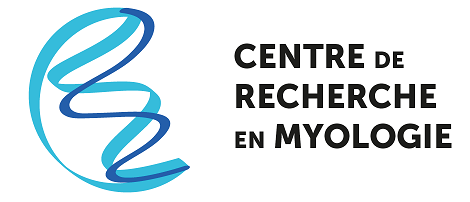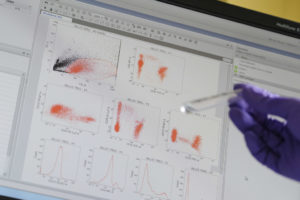Next events
No events are found.
Past events
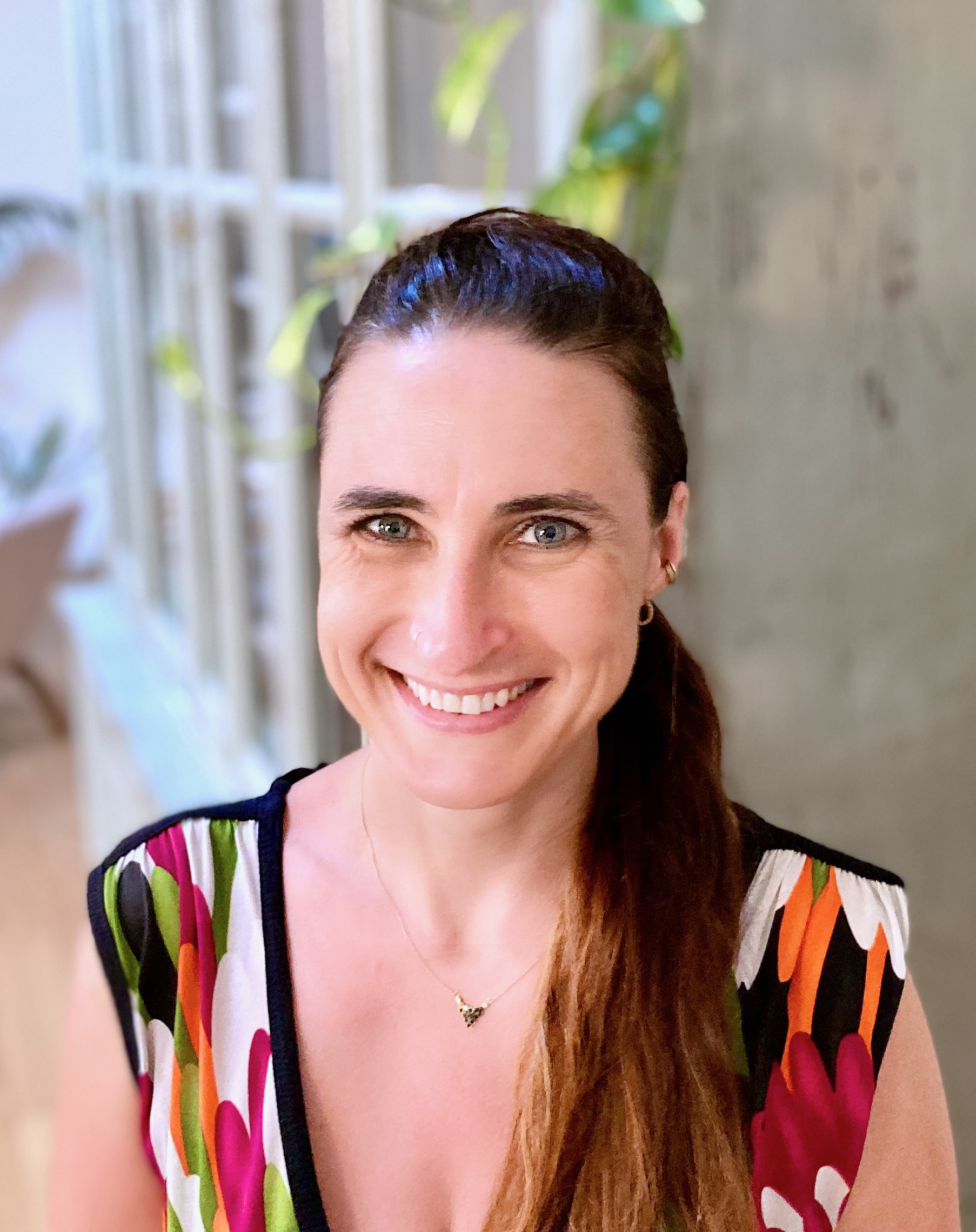
Zoom link => https://us02web.zoom.us/j/85792428574
Intermediate filaments: from mechanisms in giant axonal neuropathy to therapeutic perspectives for IF-pathies
Pascale Bomont, PhD
ERC group leader, INSERM Research Director
NeuroMyoGene Institute, Lyon, France
Studying a rare neurodegenerative disease called giant axonal neuropathy (GAN), Pr Bomont will present the discovery of the gigaxonin-E3 ligase as a pivotal regulator of Intermediate Filament homeostasis, autophagy activation and motor neuron specification. Using the complementarity of various biological systems in human, mouse and zebrafish, the laboratory investigates the roles of these key cellular pathways in neurodegeneration, and is currently developing therapeutic approaches for GAN, that can be beneficial to other IF-pathies.
Pascale Bomont is a Research director at Inserm, University of Lyon1
She received her PhD in Human Genetics in 2002 (IGBMC, Strasbourg, France). Performing linkage and bioinformatics analysis on the Human Genome, she identified the genetic locus and mutated genes for several neuropathies. Focusing on Gigaxonin, a novel E3-ubiquitin ligase adaptor she found mutated in Giant Axonal Neuropathy (GAN), she conducted a postdoctoral training in Cell Biology (LICR, San Diego, USA) to investigate the broad cytoskeleton (Intermediate Filament) alteration in the pathology. Moving back to France, she was recruited at INSERM in 2007 (as assistant Professor), and was awarded by the ATIP-Avenir prize in 2011 to run a multidisciplinary research program on GAN, at Montpellier University (Associate Professor in 2012). She developed tools and biological systems in patients, mouse and zebrafish to generate a differential diagnosis test between GAN and CMTs, and to unravel the key roles of the Gigaxonin-E3 ligase in controlling cytoskeleton architecture, autophagy machinery and neuromuscular integrity.
She is now full Professor at University Lyon1, and runs an ERC-program at the NeuroMyogene institute on neurofilament biology.

Zoom link => https://us02web.zoom.us/j/87417667754
Generation of novel therapeutics for neuromuscular diseases through collaboration with disease and target biology academic experts and argenx antibody expertise
Carol Walton and René Bigirimana
Carol Walton, Director of Business Development at argenx and René Bigirimana, Scenior scientist at argenx
Short Summary
Argenx strives to combine its technical antibody expertise with external expertise on biological targets through collaborations. Within our Immunology Innovation Program (IIP), we aim to generate novel therapeutic approaches for high unmet need peripheral neuromuscular indication by collaborating with external scientific and academic experts to gain novel insights in disease and target biology. argenx will provide an Introduction to its Immunology Innovation Program for collaboration with some of our illustrative collaboration on C2 antibody ARGX 117 for MMN and Musk agonist antibody ARGX-119.
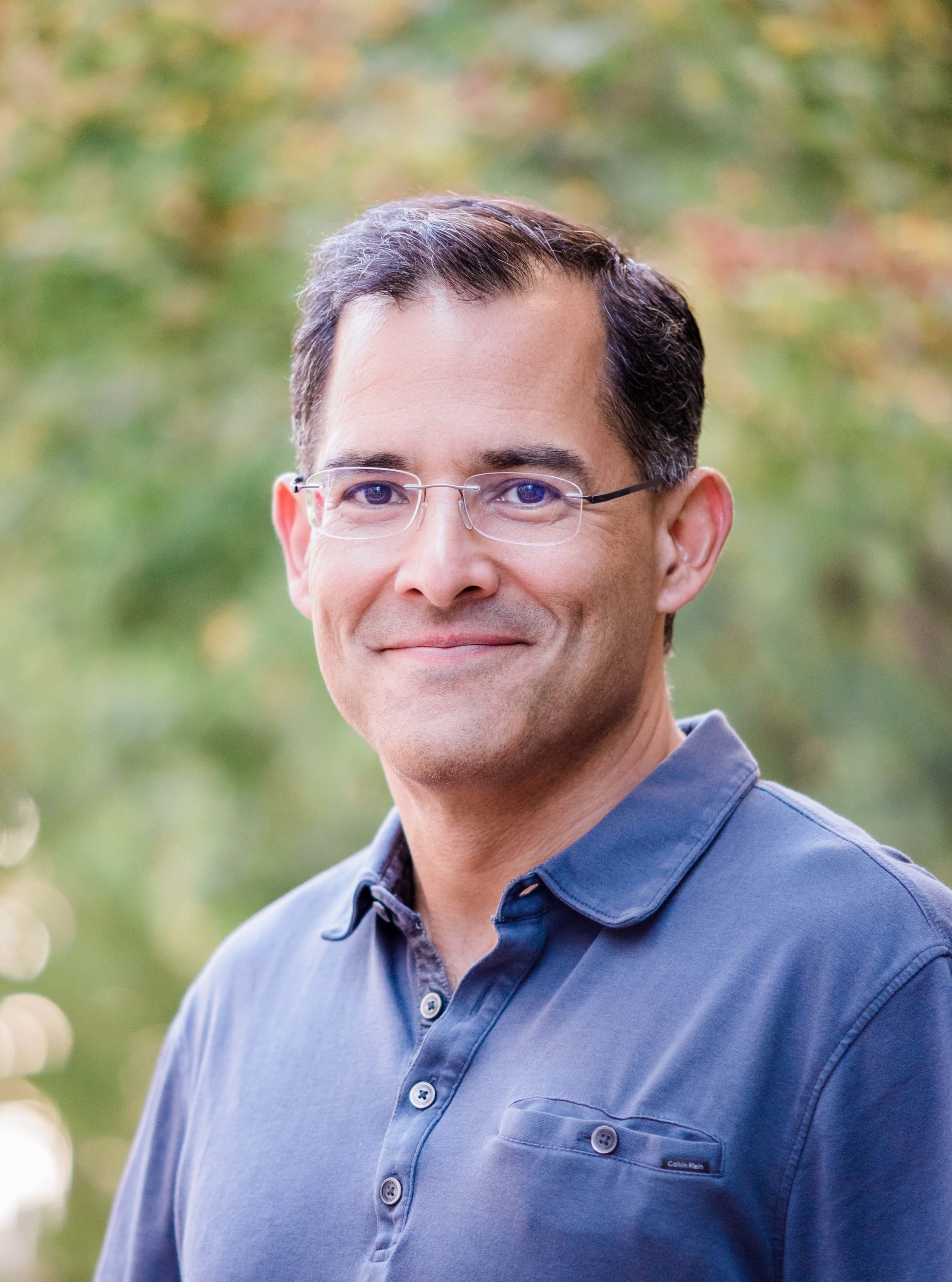
Zoom link => https://us02web.zoom.us/j/81380105352
Directed Evolution of Novel Adeno-Associated Viruses for Clinical Gene Therapy
David Schaffer
Hubbard Howe Jr. Distinguished Professor
Chemical and Biomolecular Engineering, Bioengineering, Molecular and Cell Biology, and the Helen Wills Neuroscience Institute
University of California at Berkeley
Director
QB3 – California Institute for Quantitative Biosciences, Berkeley
QB3 – California Institute for Quantitative Biosciences, Berkeley
Short Biography
David Schaffer is the Hubbard Howe Professor of Chemical and Biomolecular Engineering, Bioengineering, and Molecular and Cell Biology at the University of California, Berkeley, where he also serves as the Director of the California Institute for Quantitative Biosciences (QB3-Berkeley). He received a B.S. from Stanford University in 1993 and a Ph.D. from MIT in 1998, both in chemical engineering. He then conducted a postdoctoral fellowship at the Salk Institute for Biological Studies before joining Berkeley in 1999. There, he applies engineering principles to optimize gene and stem cell therapies, work that includes developing the concept of applying directed evolution to engineer targeted and efficient viral gene therapy vectors as well as new technologies to investigate and control stem cell fate decisions. He has published >230 papers, has advised >90 graduate students and postdoctoral fellows, is an inventor on >50 patents, and developed technologies that are being used in 9 human clinical trials. In addition, he has co-founded six companies, including a clinical stage, public company (4D Molecular Therapeutics) and a company acquired by Pfizer. Finally, has received recognitions including the National Academy of Inventors, Andreas Acrivos Professional Progress Award, the American Institute of Chemical Engineers Pharmaceutical and Bioengineering Award, the American Chemical Society Marvin Johnson Award, and the Biomedical Engineering Society Rita Shaffer Young Investigator Award.
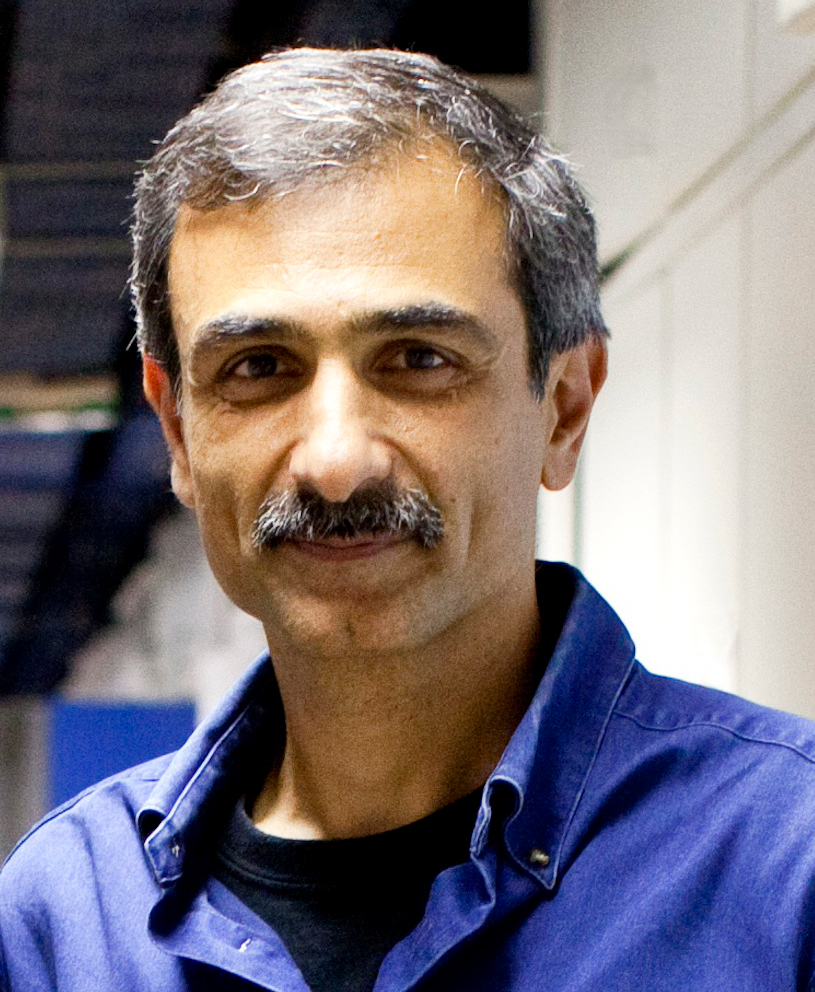
Zoom link => https://us02web.zoom.us/j/83942354727
Unique features of craniofacial muscle biology provide insights into disease
Shahragim Tajbakhsh
Stem Cells & Development, CNRS UMR 3738
Dept. of Developmental & Stem Cell Biology
Institut Pasteur
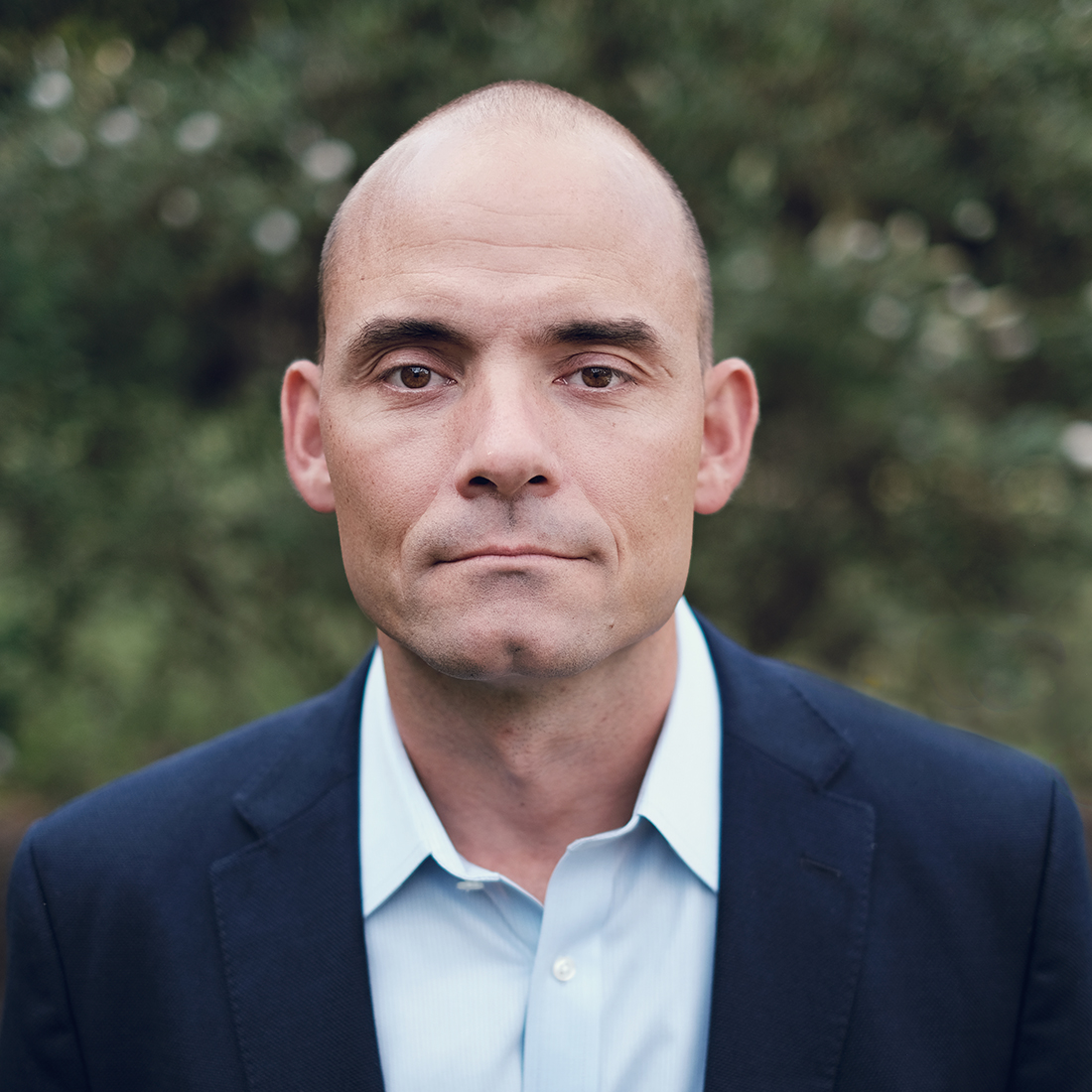
Zoom link => https://us02web.zoom.us/j/89322787550
Genome Editing for Duchenne Muscular Dystrophy
Charles A. Gersbach
John W. Strohbehn Distinguished Professor
Departments of Biomedical Engineering & Surgery
Director, Center for Advanced Genomic Technologies
Director, Center for Biomolecular and Tissue Engineering
Duke University
Abstract
The advent of genome editing technologies, including the RNA-guided CRISPR/Cas9 system, has enabled the precise editing of endogenous human genes. For example, we engineered CRISPR/Cas9-based nucleases to correct the mutated human dystrophin gene in cells isolated from Duchenne muscular dystrophy (DMD) patients. When delivered directly to a mouse model of this disease, gene editing by the CRISPR/Cas9 system led to gene restoration and improvement of biochemical and mechanical muscle function. Genome editing and dystrophin protein restoration is sustained in the mdx mouse model of DMD for one year after a single intravenous administration of AAV-CRISPR. We also confirmed immunogenic host response to Cas9 when administered via AAV vectors to adult mice and observed unintended genome and transcript alterations induced by AAV-CRISPR. We have observed gene editing in muscle satellite cells following AAV-CRISPR delivery in vivo, supporting the possibility of long-term gene correction despite muscle cell turnover. More recently, we have developed novel humanized models of this disease for the preclinical development of therapies that will correct human disease-causing mutations. New constructs have been developed and validated for significant levels of gene correction and dystrophin restoration in this model. Moreover, we have demonstrated in vivo gene editing that restores a full-length dystrophin gene, in contrast to previous approaches that restore a truncated, partially functional protein. These studies demonstrate the potential for genome editing to be used to treat DMD and other neuromuscular disorders, and also highlight issues for further study and development.
Biography:
Dr. Charles A. Gersbach is the John W. Strohbehn Distinguished Professor of Biomedical Engineering at Duke University, the Director of the Duke Center for Biomolecular and Tissue Engineering, and the Director of the Duke Center for Advanced Genomic Technologies. His research interests are in genome and epigenome editing, gene therapy, regenerative medicine, biomolecular and cellular engineering, synthetic biology, and genomics. His work has led to new approaches to study genome structure and function, program cell biology, and treat genetic disease. Dr. Gersbach’s work has been recognized through awards including the NIH Director’s New Innovator Award, the NSF CAREER Award, the Outstanding New Investigator Award from the American Society of Gene and Cell Therapy, and induction as a Fellow of the American Institute for Medical and Biological Engineering. He is also the co-founder of three biotechnology companies and an advisor to several others.
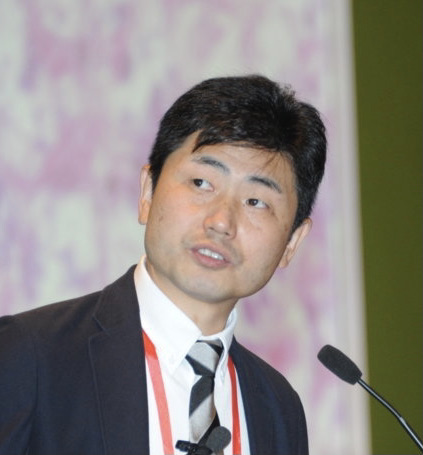
Zoom link => https://us02web.zoom.us/j/81239290009
Distal myopathies in Japan
Ichizo Nishino
Department of Neuromuscular Research
National Institute of Neuroscience
National Center of Neurology and Psychiatry (NCNP)
In my talk, I will focus on two distal myopathies which are apparently relatively frequent in Japan: GNE myopathy and oculopharyngodistal myopathy (OPDM).
GNE myopathy is an autosomal recessive muscle disease characterized clinically by preferential involvement of tibialis anterior muscle and relative sparing of quadriceps, and pathologically by the presence of rimmed vacuoles, which is caused mostly by missense mutations in the GNE gene that encodes a protein with the activity of two enzymes in sialic acid biosynthesis, UDP-GlcNAC 2-epimerase and ManNAc kinase, resulting in the reduction of the sialic acid levels in serum and skeletal muscles. So far, 103 different mutations have been identified among 345 Japanese unrelated families. Interestingly, we have identified only 3 patients homozygous for the second most common mutation p.D207V as well as a healthy homozygote. Furthermore, the allele frequency of p.D207V is higher than that of the most common mutation in general Japanese population, raising a possibility that p.D207V may well be a mild mutation whose homozygosity does not lead to disease phenotype in most cases. In fact, based upon the results of biochemical assay, intra- and inter molecular ManNAc transfer in GNE molecules with homozygous p.D207V mutations are mildly decreased, leading to borderline sialic acid production. We treated our model mice, which showed a phenotype clinicopathologically similar to human patiens, with ManNAc, NeuAc, and sialic acid conjugate, sialyllactose from around 15 weeks of age and continued to around 55 weeks. Phenotypic manifestations were almost completely suppressed, indicating that sialic acid deficiency is the cause of GNE myopathy and that the disease can be suppressed by sialic acid supplementation.
OPDM is an autosomal dominant muscle disease which is characterized by ocular and bulbar symptoms, including ptosis, ophtalmoparesis, and dysphagia, in addition to preferential distal limb muscle involvement. It is clinicopathologically similar to ocuolopharyngeal muscular dystrophy (OPMD) which is caused by alanine codon expansions in PABPN1. Recently, our collaborator identified the expansion of the CGG repeats in the 5’ UTR of LRP12 in OPDM patients as well as of NOTCH2NCL in patients with neuronal intranuclear inclusion disease (NIID). Soon after that, similar 5’ UTR CGG repeat expansions in GIPC1 and NOTCH2NLC were also associated with OPDM. In Japan, majority of OPDM patients seem to have expansions in LRP12 while Chinese OPDM patients those in GIPC1. I will discuss detailed clinicopathological features of OPDM_LRP12 and pathological differentiation between OPDM and OPMD.
Biography
Dr. Ichizo Nishino is Director of Department of Neuromuscular Research, National Institute of Neuroscience (NIN), National Center of Neurology and Psychiatry (NCNP). He is also appointed to Director of two departments in Medical Genome Center in NCNP. Currently, he is a Guest/Visiting Professor at 4 universities: University of Yamanashi, Kaohsiung Medical University (Taiwan), Peking University (China) and Siriraj Hospital, Mahidol University (Thailand).
Dr. Nishino obtained his M.D. in 1989 from Kyoto University. After 5 years of neurology training supervised by Prof. Jun Kimura, he started muscle disease research in NCNP in 1994 under the supervision of Dr. Ikuya Nonaka, and further continued research for 2 years in Columbia University where his research was guided by Profs. Michio Hirano and Salvatore DiMauro. He was appointed to his current position in 2001. By now, he has published more than 600 PubMed-listed papers in the field.
His laboratory functions as a referral center for muscle disease in Japan, providing diagnostic service for muscle pathology and genetic analysis. His lab is designated as national NGS center for hereditary muscle disease by AMED (governmental funding organization in Japan). His lab collects around 80% of muscle biopsies performed in Japan (1103 cases in 2021) and he signs out all cases. As a result, his muscle repository has more than 22,000 frozen muscle biopsy samples, which is one of the largest collections of the patient’s muscles.
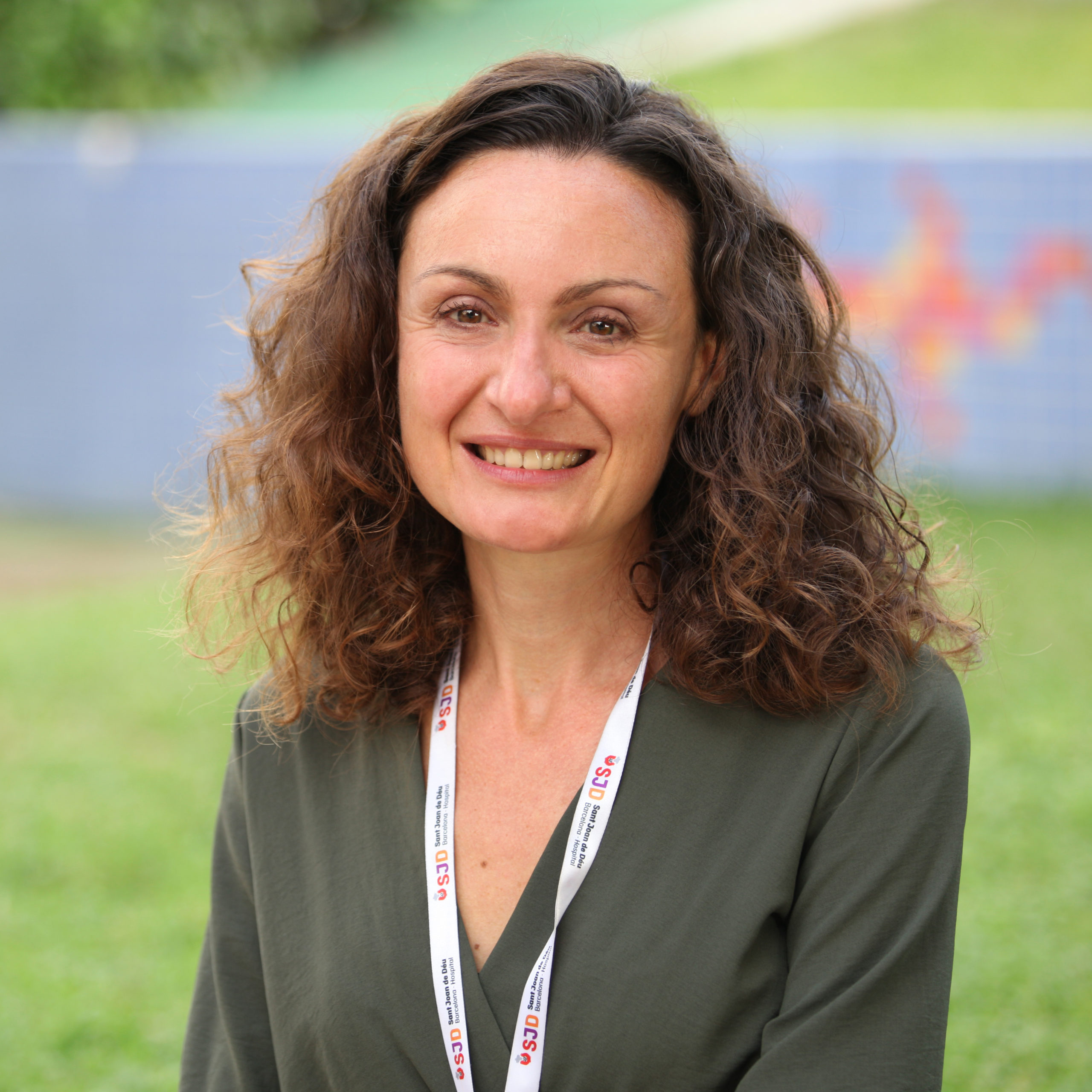
Multiple approaches to investigate congenital muscular dystrophies
Cecilia Jimenez-Mallebrera
Research Coordinator
Neuromuscular Unit
Hospital Sant Joan de Déu Barcelona
Department of Genetics
University of Barcelona
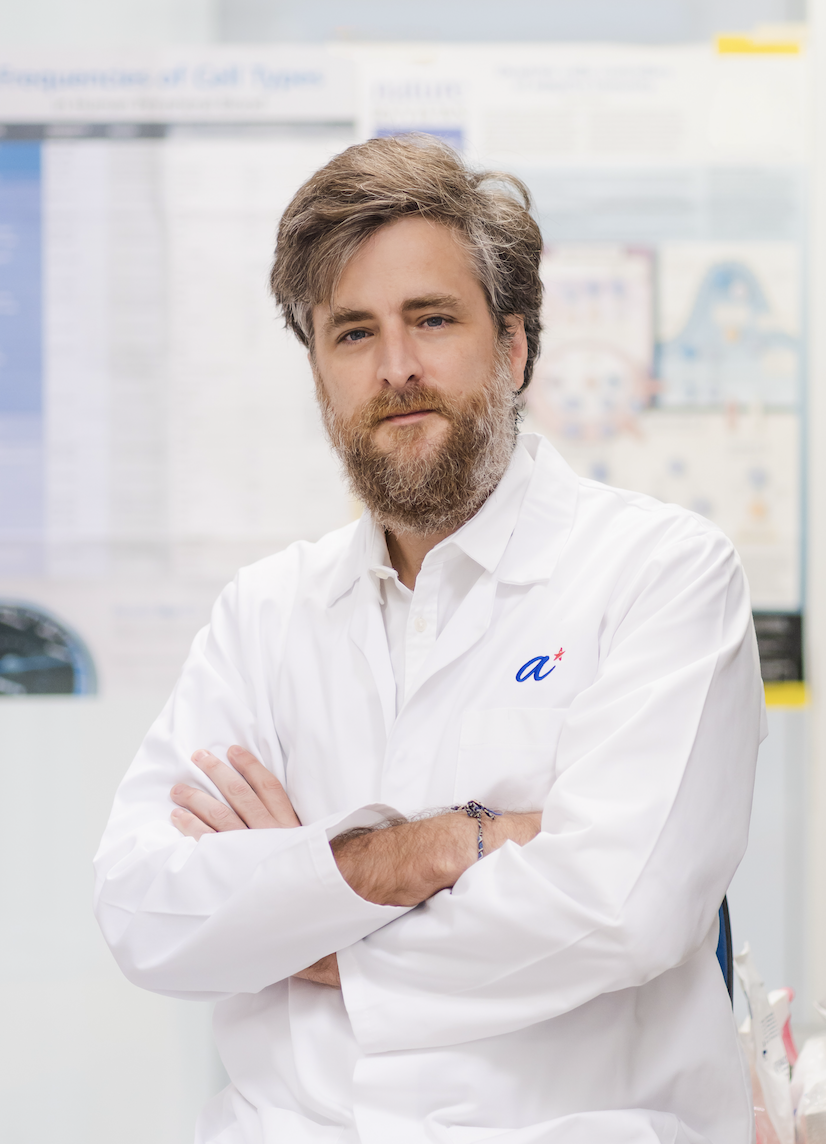
Zoom link => https://us02web.zoom.us/j/85090050080
Macrophage Biology: From Development to Functions
Florent Ginhoux
Senior Principal Investigator
Singapore Immunology Network (SIgN)
Agency for Science, Technology and Research (A*STAR)
More information on Florent Ginhoux
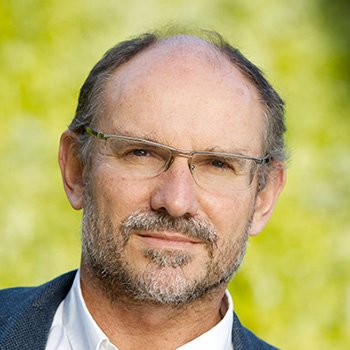
Zoom link => https://us02web.zoom.us/j/81945609852
Development of molecular vectors for targeted delivery of RNAi via receptor-mediated transport
Michel Khrestchatisky
CNRS Research Director, Director of the Institute for Neurophysiopathology,
Faculté des Sciences Médicales et Paramédicales, Marseille
Co-Founder & Scientific Counsel of the biotechnology company Vect-Horus
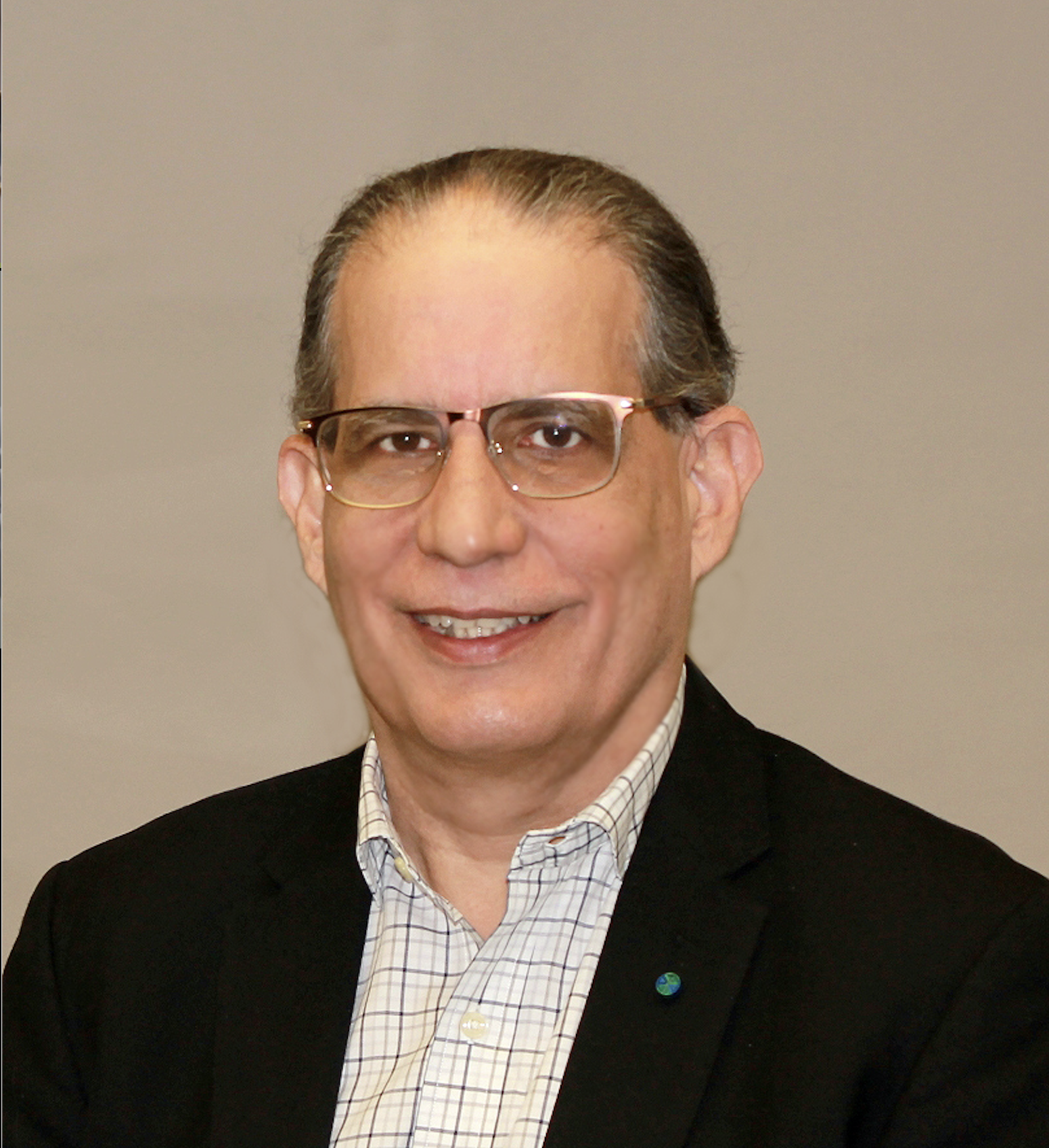
Aging muscle in humans: a translational story
Walter R. Frontera
MD, PhD, FRCP
Professor in the Departments of Physical Medicine, Rehabilitation, and Sports Medicine (PM&R) and Physiology and Biophysics at the University of Puerto Rico (UPR)
Walter R. Frontera, MD, PhD, is Professor in the Departments of Physical Medicine, Rehabilitation, and Sports Medicine (PM&R) and Physiology and Biophysics at the University of Puerto Rico (UPR). Dr. Frontera completed his MD in 1979 and a residency in PM&R in 1983 at the UPR and a doctoral degree in applied anatomy and physiology at Boston University in 1986. During the last 35 years he has served as Professor and Inaugural Chair of PM&R at the UPR, Harvard Medical School and Vanderbilt University School of Medicine as well as Dean of the Faculty of Medicine at the UPR. In 1995 he was Visiting Professor at the at the Karolinska Hospital in Stockholm, Sweden in the Department of Clinical Neurophysiology. He received a Master of Arts degree (Hon. Causa) from Harvard University in 2004.
His main research interest is geriatric rehabilitation and in particular the study of the mechanisms underlying muscle atrophy and weakness in elderly. Based on his studies of human sarcopenia, Dr. Frontera has developed rehabilitative interventions using therapeutic exercise to slow down and/or reverse skeletal muscle alterations associated with advanced adult age. In 2005, he was the Chair of the Program Committee for the US National Research Summit on Building Capacity in PM&R. He has more than 275 i-scientific publications including 111 peer-reviewed articles and 12 edited/co-edited books (including the leading textbook in the specialty of PM&R). His books have been translated into Chinese, Italian, Korean, Portuguese, and Spanish.
Currently, Dr. Frontera serves as the Editor-in-Chief of The American Journal of PM&R. In 2008 he was elected member of the National Academy of Medicine of the US National Academies. He is an elected fellow of the American Association for the Advancement of Science, the Royal College of Physicians (London), and the American Physiological Society). He was appointed honorary professor at the Nanjing Medical University in China in 2018. Dr. Frontera has presented more than 400 invited lectures in 59 countries and served as a grant reviewer and graduate research examiner for Universities in Canada, South Africa and Hong Kong.
Dr. Frontera has been very active at the US National Institutes of Health as a permanent member of the Geriatrics and Rehabilitation Medicine, Musculoskeletal Rehabilitation Sciences, and Function and Rehabilitation Sciences scientific review panels. He also served on the Blue-Ribbon Panel appointed by the Director of the NIH to assess the status of rehabilitation research across NIH. Dr. Frontera has received several awards including the Association of Academic Physiatrist’s Distinguished Academician Award, the Best Scientific Research Paper (3 times) presented by the American Academy of PM&R, the Excellence in Rehabilitation of Aging Persons Award of the Gerontological Society of America and the Distinguished Member Award of the American Academy of PM&R. He is an honorary member of national societies of PM&R in Belgium, Chile, Dominican Republic, Italy, Mexico, and Japan.
A complete list of published work can be found at – https://www.ncbi.nlm.nih.gov/pubmed/?term=frontera%2C+walter
